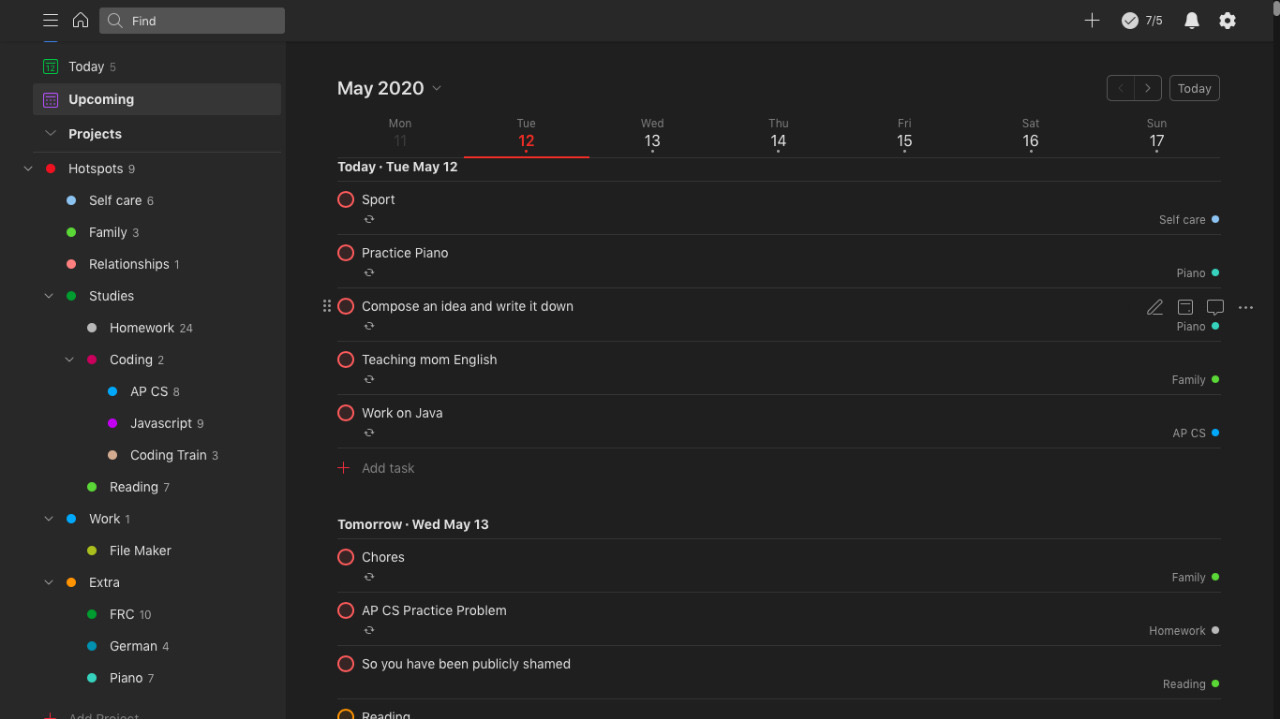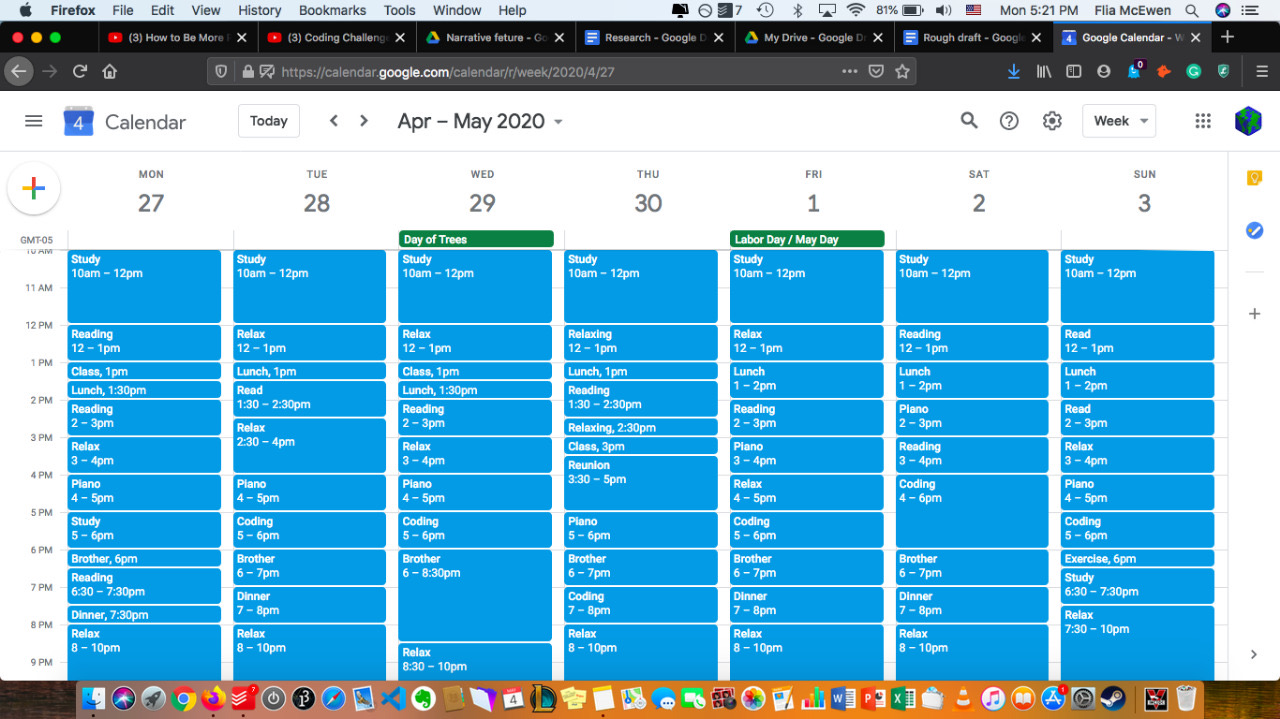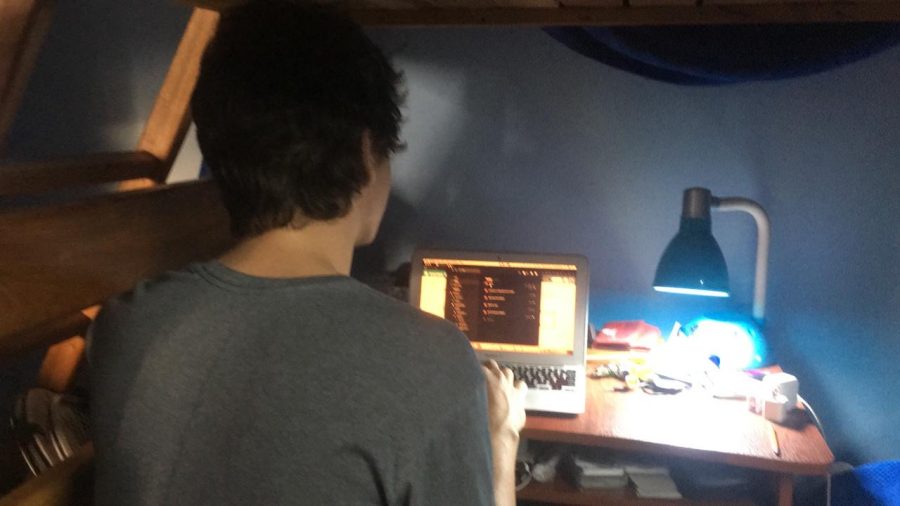How to Become Productive
A story about how I became productive…
Malcolm Little, later known as Malcolm x, was sentenced on charges of larceny to ten years in jail. His life was over. However, instead of becoming an aggressive convict, he used prison as his school and became one of the brightest African Americans of his time (Biography.com, 2020).
With the coronavirus, people are experiencing a less severe tragedy than being sent to prison. People are at home, often with their loved ones, yet most are helpless and depressed. They blame politicians for not seeing the virus coming and forcing them to leave their normal routine. This attitude will not get anyone anywhere.
The book Flow: The Psychology of Optimal Experience states that in order to reach flow (some people would call it happiness), people need to craft goals and concentrate on a challenging task (Csikszentmihalyi, 2008). In quarantine, people just relax and work out of a sense of obligation because their salary depends on it. However, if people tried to be productive, they would improve their experience whilst in confinement and might achieve astounding results. Thus, the question emerges: How can you become productive?
Goals centered approach:
Goals are the catalysts to accomplishment. The books The Productivity Project and The 4 Hour-Workweek talk about setting clear daily, weekly, and monthly goals. These goals are steps to achieve a new skill or complete a task. First, start with monthly goals. Then, use your weekly goals as the steps to monthly ones and your daily goals as a to-do list for your weekly objective (Bailey, 2017)(Ferriss, 2012).
I made tons of goals for quarantine. During this time, I want to become a reader, programmer, pianist, and composer. One of my main goals is to read seven or eight books a month. This means I need to finish two books a week. At first, it was hard to get into the habit, but as the first month of quarantine ended, I was able to complete eight books. To meet this objective, my daily goal is to always read. I employ the same method for the rest of my dreams. This means I have a clear vision of what I should be doing each day, and I know by doing these smaller tasks, I will slowly accomplish my dreams.
My todolist:

Time/Energy/Attention management:
Time, or resource management (as it should be called), is a powerful skill that can make you more productive. Humans cannot work all day, trying is counterproductive. The Productivity Project’s author, Chris Bailey, did an extreme experiment. He worked 20 hours a week and then 90 hours a week. He worked as hard as he could in both weeks. Surprisingly, the difference in the amount of work was tiny. This means that time is not the only item you should manage; you also need to administer your energy and attention. You can’t change the fact that there are only 24 hours in a day, but you can learn how you use your energy and attention within those hours (Bailey, 2017).
For instance, I program the tasks that need the most attention and energy at the times where my body and mind are the most efficient. These times are from 10 a.m. to 12 p.m. and from 4 p.m. to 6 p.m. Programming the most energy-consuming tasks during these times ensures that I am at my most productive when working on important tasks. This technique has helped reduce my school work to about two to three hours a day, which gives me spare time read, program, and play the piano.
My schedule for a week:

Consistency:
Consistency is the cornerstone of learning. The book So Good You Can’t be Ignored talks about the concept of deliberate practice, which is when you challenge yourself while you’re working. This is what makes people exceptional (Newport, 2016).
When I started to practice deliberately, it was exhausting and difficult. Slowly, I got used to it and it became second nature, which made my skills grow exponentially, helping me reach heights I had never imagined.
Challenges:
Humans are lazy. People tend to want to stop and relax constantly. The book The Happiness Equation has some key motivational ideas. First, memento mori is Latin for always remember you are going to die. Second, Ikigai is Japanese for a reason for living. These phrases mean you should accomplish your life’s purpose before you die. For now, I want to be happy, by being in flow (Pasricha, 2016).
After implementing these strategies during the first month in which I was stuck at home, I saw extraordinary results. I am mastering my repertoire and learning new challenging music. Also, I have been able to start composing a little bit and learned how to program artificial intelligence and problem-solving algorithms. In addition, I have read nine books in a month and applied their knowledge in my life. All in all, after following the previously mentioned concepts, the quarantine has been a fulfilling experience.




